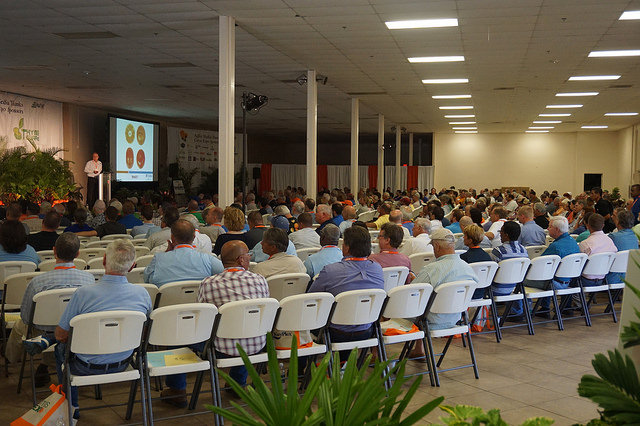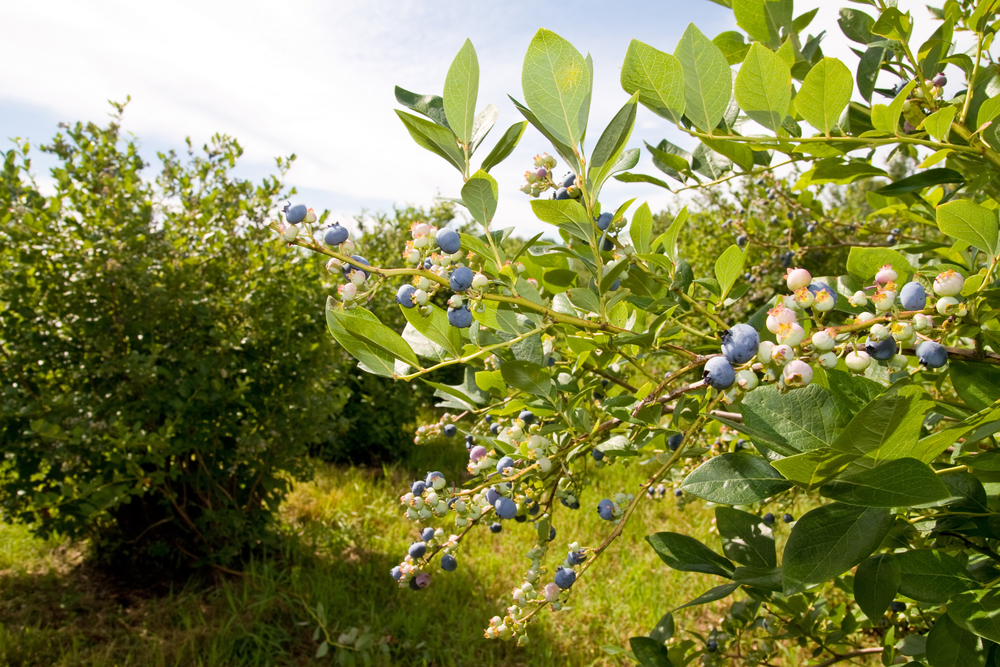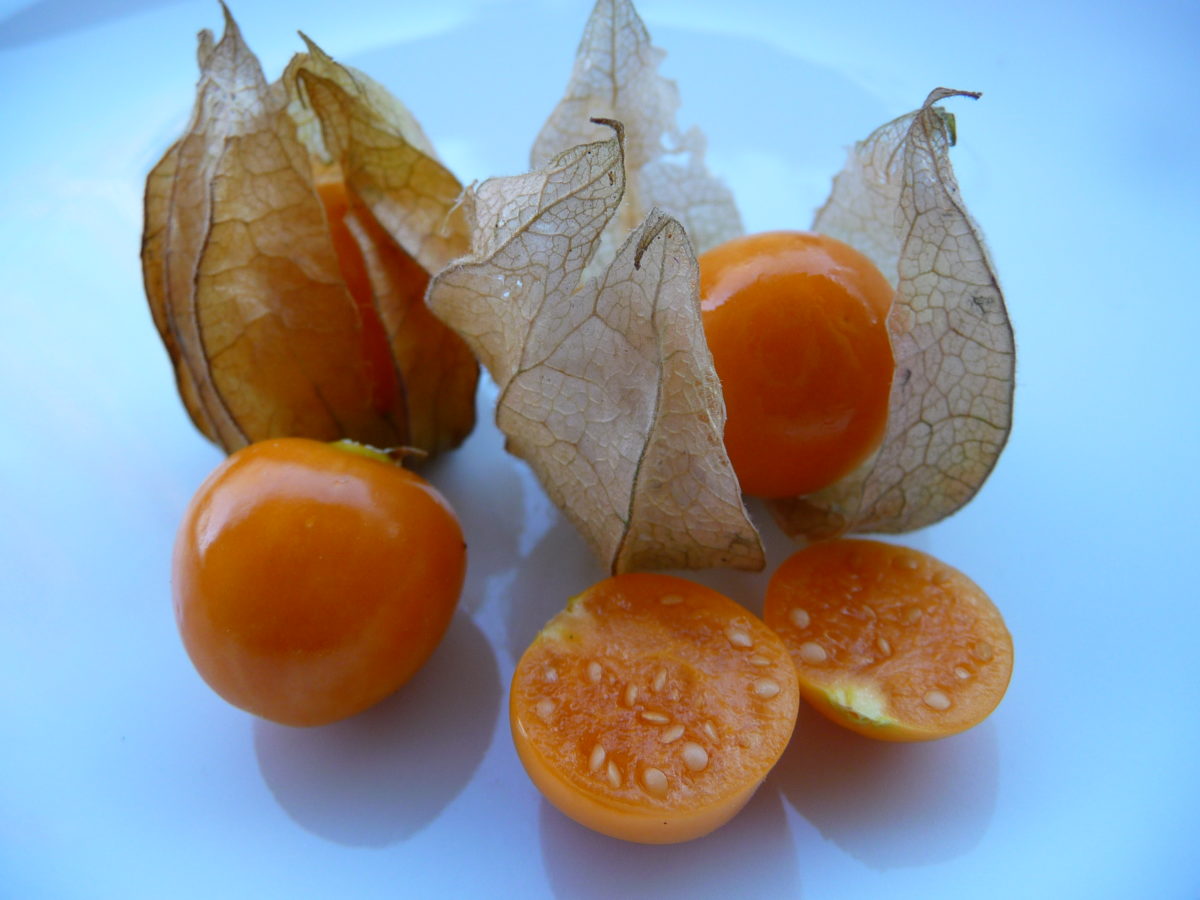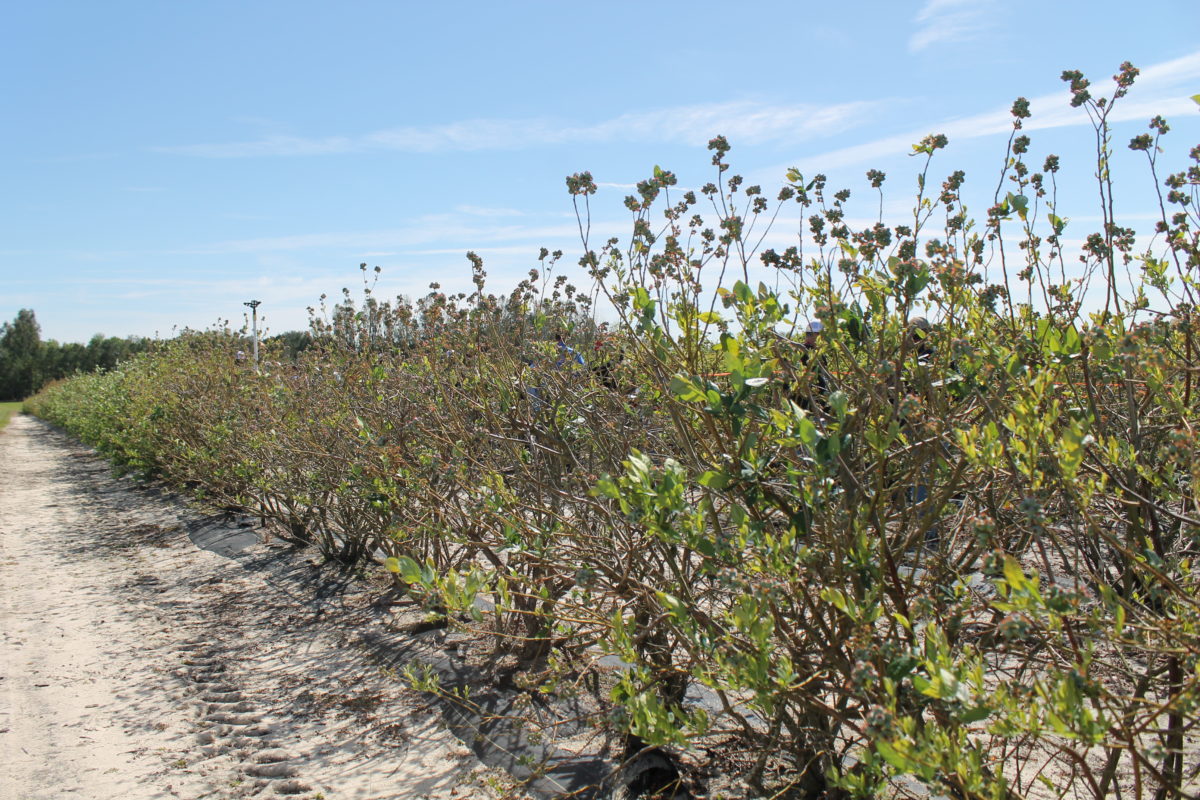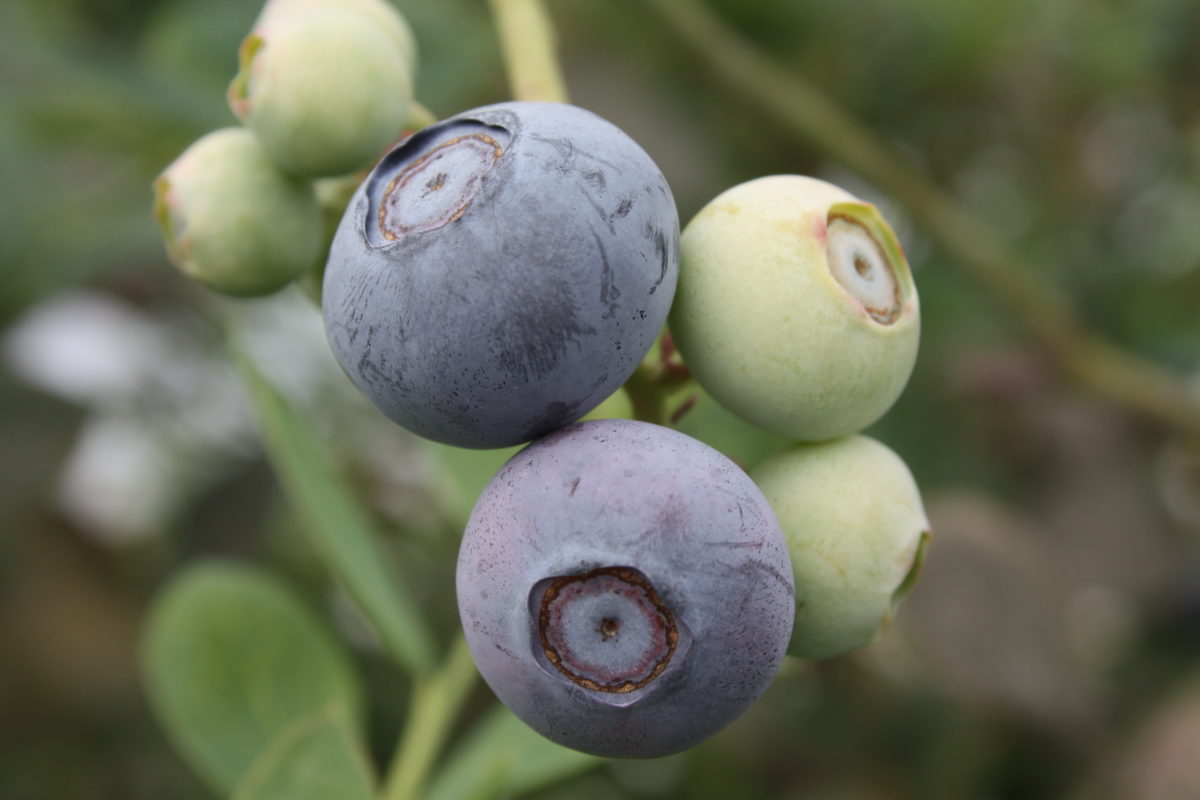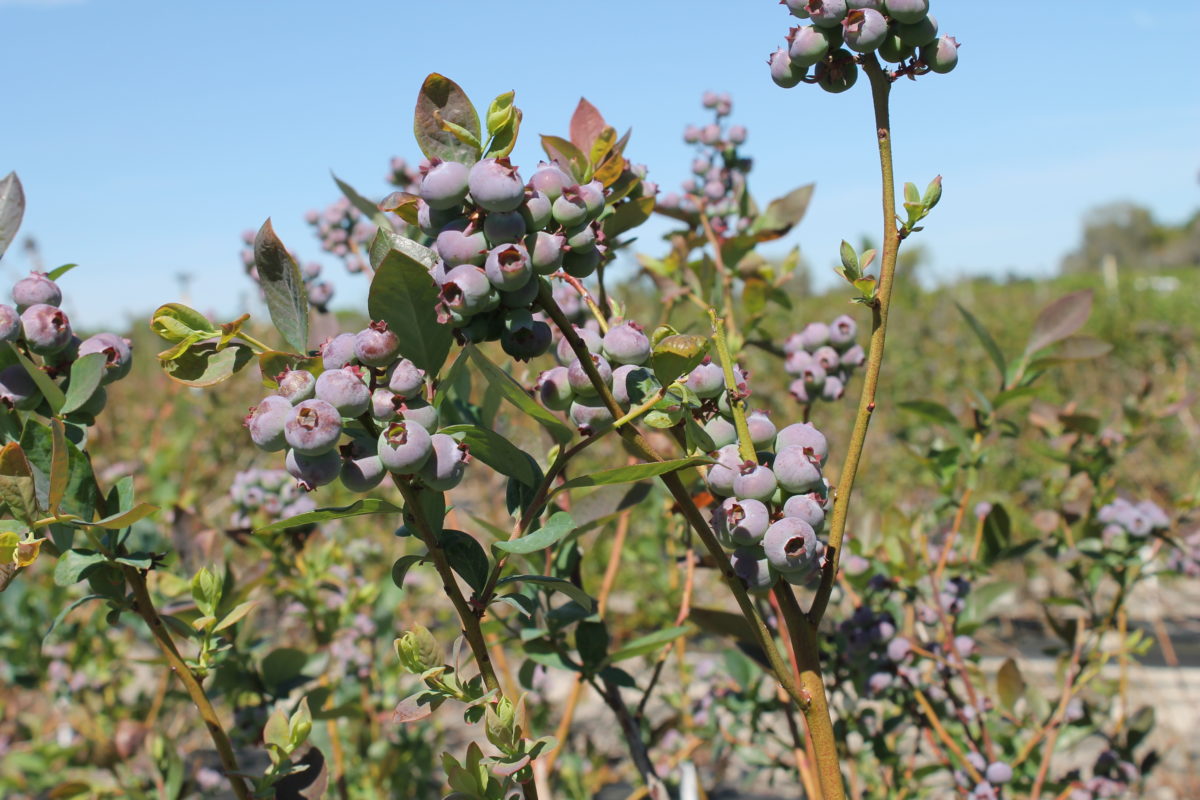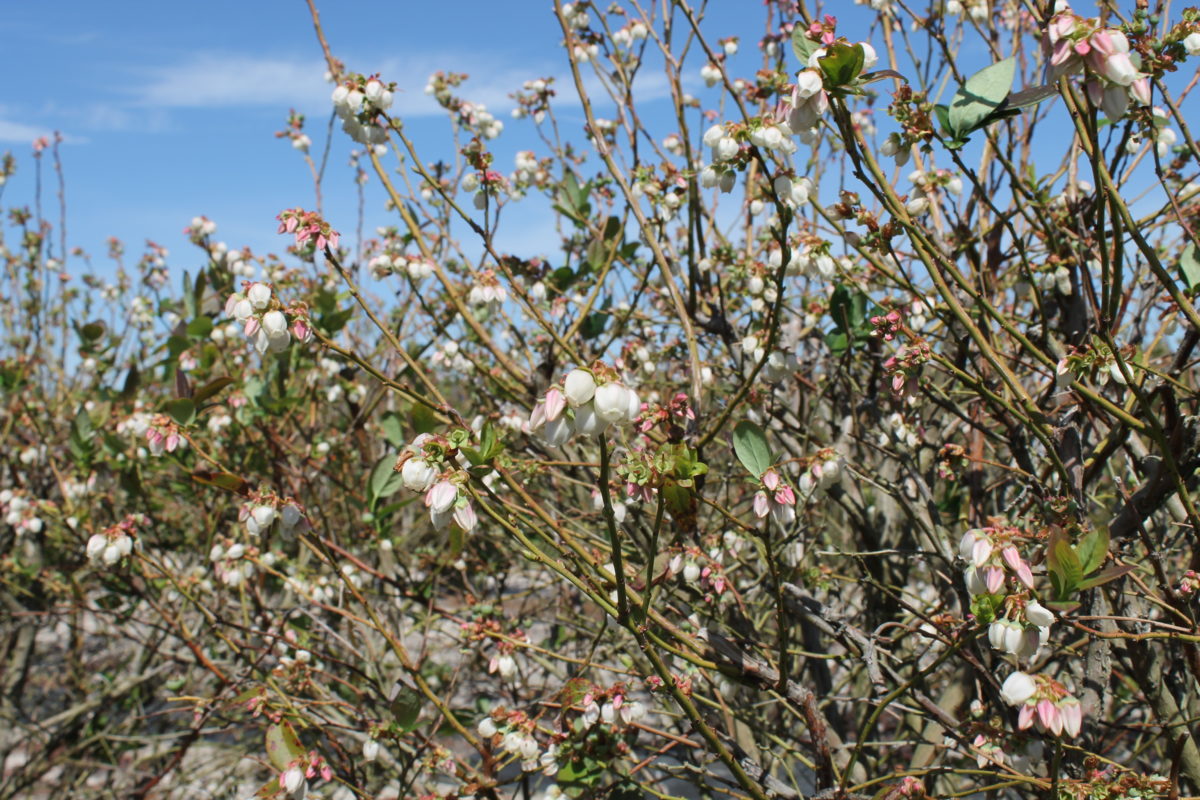The 27th year of Citrus Expo is expected to be the biggest year yet with an added vegetable and specialty crop educational program. AgNet Media has always relied on University of Florida Institute of Food and Agricultural Sciences professionals to help create an informative program for growers. This year, Gene McAvoy, a regional vegetable Extension agent, led the efforts in …
UF/IFAS Hopes to Grow Vanilla, Meet Consumer Demand
For dessert, how about a scoop of ice cream flavored with vanilla from Florida’s farmers? Because so many consumers enjoy vanilla, University of Florida (UF) scientists hope to help Florida farmers grow the bean. Consumers have an appetite for vanilla. The United States leads the world in imported vanilla beans, said Alan Chambers, an assistant professor of horticultural sciences at …
Taking Precautions for Increased Rain
By Breanna Kendrick With widespread rain in Florida for the past week and a half and another week of rain forecasted, growers are becoming concerned about what this might mean for their crops. For the past seven days, rainfall has ranged from 1.20 to 9.43 inches in Florida. Depending on location, the rain has either been devastating or vital for …
Georgia Blueberry Growers Suffer Second Consecutive Year of Loss
Commissioner Gary W. Black hosted a conference call to connect Georgia blueberry growers and agricultural industry representatives with U.S. Department of Agriculture Under Secretary Bill Northey to discuss recent loss assessments for the 2018 blueberry crop. According to University of Georgia Extension, overall losses of both highbush and rabbiteye varieties could exceed 60 percent. This would mark the second consecutive …
Florida Native Plants — Tomorrow’s Fruits and Vegetables?
By Kevin M. Folta Citrus originated in Southeast Asia, not Southeast of Orlando. Strawberries came from a chance genetic mix between a plant from the Mid-Atlantic States and a plant from Chile that crossed in France. Tomatoes originated in the Andes Mountains in South America, then made their way to Europe before coming back across the Atlantic to North America. …
Be Aware of Blueberry Gall Midge
Recently, the Florida Blueberry Growers Association (FBGA) sent out a release saying gall midge was the cause of severe crop loss within the Florida blueberry industry. Since the announcement, Oscar Liburd, an entomologist with the University of Florida, has written a report for Florida blueberry growers, describing the plant symptoms and management recommendations. The FBGA believes gall midge is an …
Blueberry Growers from Florida, Georgia Support NAFTA Renegotiations
The Florida Blueberry Growers Association (FBGA) and the Georgia Blueberry Growers Association (GBGA) teamed up to write a letter about the need for modernization of the North American Free Trade Agreement (NAFTA). Blueberries, among other specialty crops, from Florida and Georgia have been facing heavy competition from Mexican imports, making it difficult to keep up with their production. Renegotiation of …
Florida & Georgia Blueberry Growers Call On To Be Considered in NAFTA Negotiations
Brooksville, FL – Today, the Florida Blueberry Growers Association (FBGA) and Georgia Blueberry Growers Association (GBGA) sent a joint letter to their Congressmen asking that provisions to protect the blueberry industry of Florida and Georiga be included in North American Free Trade Agreement negotiations (NAFTA). “The Florida & Georgia Blueberry industries have experienced growth and stability in the recent past, however …
Florida Blueberry Growers Association Expects a Good Year
Brooksville, FL April 3, 2018 – The Florida Blueberry Growers Association (FBGA) is predicting a good year for blueberries, despite a recent grower survey showing significant crop damage. Last week, FBGA asked its members to respond to a survey reporting any crop loss they are seeing in their fields. With a third of the state’s acreage responding, 95 percent reported …
Florida Blueberry Growers Report Crop Loss Due to Gall Midge
Update: The FBGA sent another email on March 30 with some survey results. This is what it reported: “Approximately a third of the state’s acreage has responded to our survey, 95% of which are reporting damage at some level. Over two-thirds of the acreage are reporting more than 20% crop loss (many of which indicated they are seeing between 30-50% …










